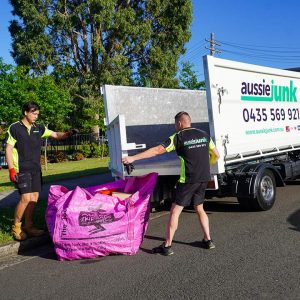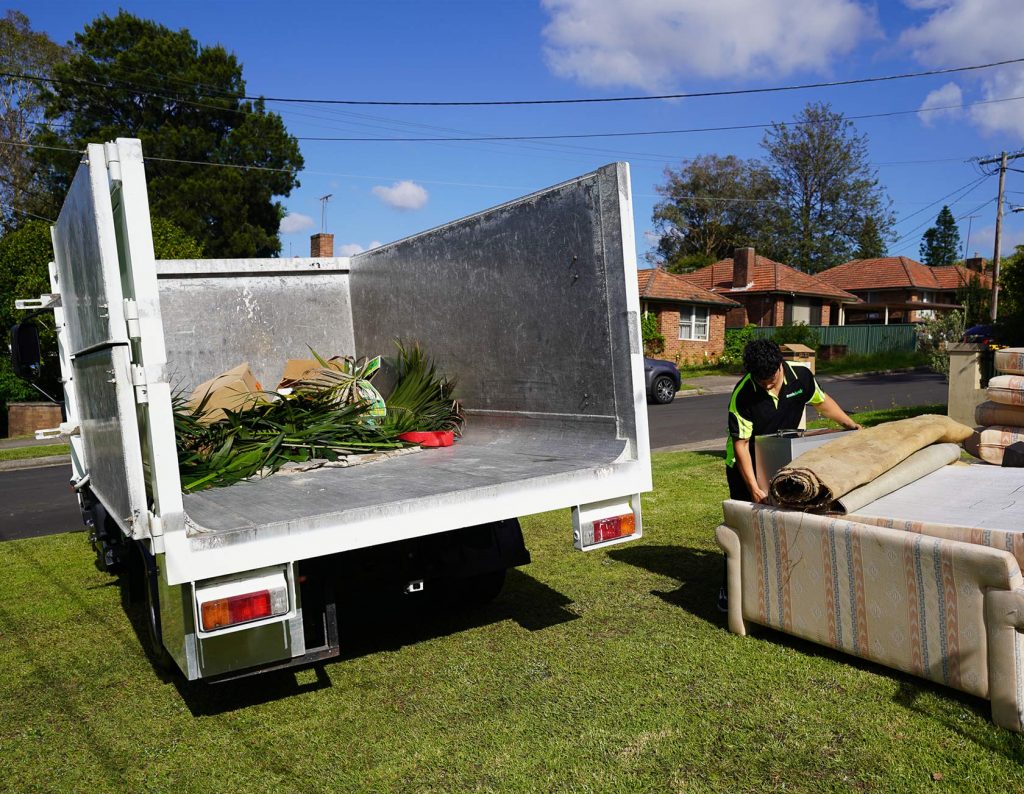Let’s admit to the fact that waste generation from a global perspective is getting out of control. Aside from megatonnes of wastes ending up in landfills every year, it is quite alarming that some of them are floating in our bodies of water, especially those that come from liquid waste.
Take the status of Sydney rivers as an example. Through the years, it continues to degrade because of littering and improper wastewater treatment. In particular, some parts of the Parramatta River and Cooks River have been dead for several decades due to water pollution brought by irresponsible liquid waste disposal of factories.
About 80% of the world’s wastewater – mostly untreated – pollutes most rivers, lakes, and oceans. As an ordinary citizen, all we can do is trust and follow the authorities’ prevention and recovery programs.
Solid waste disposal is very different from liquid waste disposal. Here are some of the eco-friendly methods that experts use for your guidance:
Sedimentation
Sedimentation is the process of separating non-hazardous liquid waste from solid material with the help of gravity. It is usually the initial treatment for domestic sewage water.
Waste facilities use sedimentation basins to separate solids from liquid waste. As the wastewater flows slowly through the vessel, suspended solid particles settle at the bottom layer, known as sludge.
After the separation, the facility can remove the solids and send them straight to the landfills. Meanwhile, the separated water can undergo several processes and treatments.
Composting
Waste facilities maximise non-hazardous liquid waste as compost to help crops and plants grow healthy and strong. With the help of machines, they remove water from waste. Then, they extract organic matter that contains essential nutrients such as potassium, nitrogen and sodium. Moreover, they can turn the materials into an organic fertiliser with the use of naturally occurring microorganisms.
Composting is relatively cheaper than other liquid waste treatments. Aside from being budget-friendly, it is one of the most eco-friendliest ways to treat wastewater. It is advantageous for soil and plant growth while promoting recycling.
Root-zone Treatment
The root-zone waste treatment uses biological and physical-treatment methods to remove pollutants from wastewater. It consists of filter-beds containing gravel, sand, and soil to process residential or industrial effluents.
The treatment is cost-efficient as it doesn’t require energy input and pumps to work. Roots of plants, soil, and the sun are the essential factors needed for this approach. It follows these steps:
- Sedimentation – the process that separates and withdraws solid particles from the liquid waste.
- Anaerobic Baffled Reaction – the effluent passes through an anaerobic reactor, which contains internal compartments. Then, the collected microorganisms on the compartment surfaces digest more of the suspended solids.
- Anaerobic Filtration – it contains an anaerobic filter that allows the microorganisms to form colonies. Again, these multiplied microorganisms digest the suspended solids to produce cleaner wastewater.
- Plant-filled Gravel Filtration – the set-up processes the initially treated wastewater to flow through the roots of plants. As the plants respire, they give off oxygen to the liquid waste, which removes the remaining contaminants.
Root-zone treatment can give both aesthetically appealing garden and environment-friendly wastewater treatment. In fact, it uses only 20% of the energy as compared to conventional sewage facilities. Thus, it is one of the best choices recommended by experts.
Rubbish Removal Company
Aside from the wastewater from sinks, kitchen, or bathrooms, most households use liquid chemicals such as bleach, paints, and oil. Depending on the council regulations, disposing of these substances require a special appointment, or some even don’t collect them. Thus, the perfect answer to your call is a rubbish removal company like Aussie Junk.
Professional removalists have the proper knowledge and skill to discard hazardous liquid waste. Moreover, they have the appropriate tools and equipment to get the job done quickly and efficiently.
Conclusion
Wastewater requires different management and removal compared to solid waste. Without knowing the eco-friendly methods for liquid waste disposal, they can potentially harm the health of the community and the environment. And no one wants that, right?
So, whenever you need liquid waste disposal, especially for household chemicals, Kurt’s Rubbish is your one-call away friend. Our trained removalists will arrive at the scene with the right truck and equipment to remove unwanted and unnecessary rubbish items.
With more than 20 years of experience, you will undoubtedly get the best rubbish removal services in Sydney. We have established a strong relationship with thousands of clients who can guarantee our dedication to the job. Also, we make sure to follow the NSW EPA Guidelines for proper waste management and disposal.
Expect us to arrive an hour after your call! Book with Aussie Junk now. You can also call us at 0435 569 921 or send us your enquiries via email.

